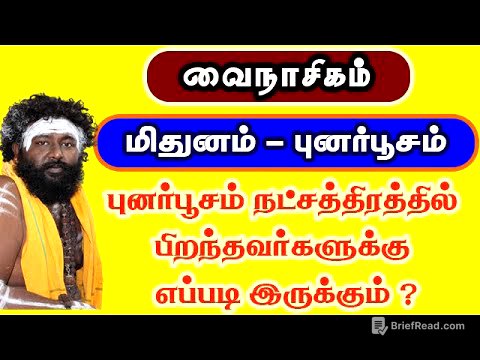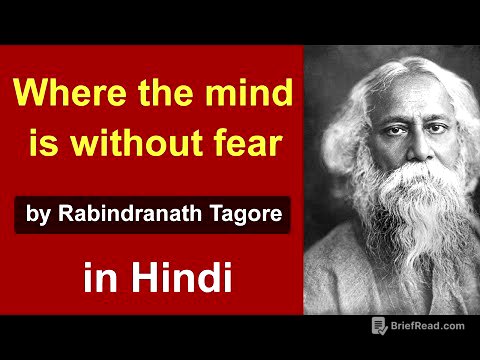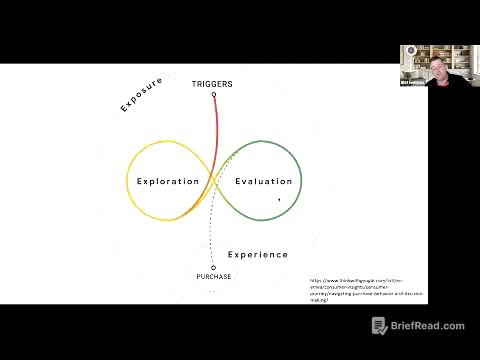TLDR;
Sonia Choquette talks about karmic relationships, what they are, why they're difficult, and how to navigate them. She stresses that these relationships are soul agreements for learning and growth, and while they can be painful, they're opportunities for profound self-discovery. She also shares tips on ending these relationships, making sense of them, and seeking support.
- Karmic relationships are soul agreements for learning.
- These relationships aren't necessarily romantic and can exist with family, friends or colleagues.
- Key is to identify the lessons, embrace personal growth, and seek support from "13 helpers".
Intro [0:00]
Sonia Choquette welcomes viewers to her channel and expresses excitement about discussing karmic relationships, a topic frequently brought up by her clients. She acknowledges the difficulty of these relationships and emphasizes the need for insight into them, as everyone experiences them. She encourages new viewers to subscribe for guidance on trusting their vibes, living congruently, and improving their relationships.
What exactly is a Karmic Relationship? [0:45]
A karmic relationship feels destined, even against one's better judgment. It doesn't always make logical sense and isn't limited to romantic partnerships; it can involve family, friends, or colleagues. It's a soul agreement where individuals help each other learn lessons, which can be difficult and painful if resisted. The connection presents an opportunity to evolve some part of your nature by encountering conflict and realizing the need for change.
Signatures of a Karmic Relationship [2:30]
Common questions that arise in a karmic relationship include: "Why am I in this?", "Why is this so difficult?", "Why don't we understand each other?", and "Why am I staying when I'm not happy?". These relationships persist because of the lessons each person needs to learn from the other. They serve as teachers, guides, mirrors, and reveal blind spots, maintaining the connection as long as the opportunity for learning exists. Sonia shares her 31-year karmic relationship with her ex-husband, highlighting the constant struggle and the eventual realization that he didn't want to be on her "happy train." Unconditional love means accepting others as they are, but also letting go of what doesn't work for oneself.
Ending a Karmic Relationship [4:06]
Ending a karmic relationship means ending the energy dynamic with that person, which often requires separation. The compulsion to leave will be as strong as the initial pull to enter the relationship, driven by the completion of learning experiences. Staying beyond this point becomes a self-betrayal. Sonia shares an example of a mother-daughter relationship filled with chaos until the mother set a boundary, leading to healing and evolution for both. Letting go involves ceasing communication and processing residual baggage like resentment and shame. Sonia recounts walking the Camino de Santiago twice to work through her karmic relationship, emphasizing the patience required for these deep, demanding lessons.
Making Logic Sense of Karmic Relationships [7:05]
Karmic relationships are destined, so release the shame and guilt. Stop trying to understand them logically, instead focus on what you've learned, whether you've learned it, and whether you like who you've become as a result. Ask if you are more your authentic self, despite the drama. Don't ask this in the middle of the healing process, but when you have some perspective.
Getting Your 13 Helpers [8:10]
Navigating and exiting a karmic relationship is demanding, so get your caretakers. Even Jesus had 12 helpers, plus Mary Magdalene. These helpers should be essential to your life. They can be friends who remind you that you're lovable, a pet who loves you unconditionally, a good therapist or intuitive guide who empowers you, or a good teacher. Bodywork can help with the turbulence in your energy field. Have fun people to take your mind off things. Sonia's piano teacher was one of her helpers during her divorce, providing a space to escape and heal. Aim for at least four or five helpers.
What am I learning? [11:11]
Ask yourself daily, "What am I learning?" Don't ask your brain, ask your spirit. What is the benefit? What is the learning? Sonia's learnings included not taking responsibility for another person's unhappiness, loving herself more, not feeling bad about her successes, and recognizing her controlling tendencies. This self-awareness allowed her to enjoy life and herself without drama. There is light at the end of the tunnel, but you have to go through it because your soul wanted it.
Outro [12:57]
Sonia thanks viewers for tuning in and encourages them to subscribe. She recommends her books "Tune In," which discusses the four stages of spiritual growth, "True Balance," which offers recipes and remedies for self-care, and "Soul Lessons and Soul Purpose." She reminds viewers that they found her channel through intuition and hopes to become friends. She sends her love and wishes everyone well.
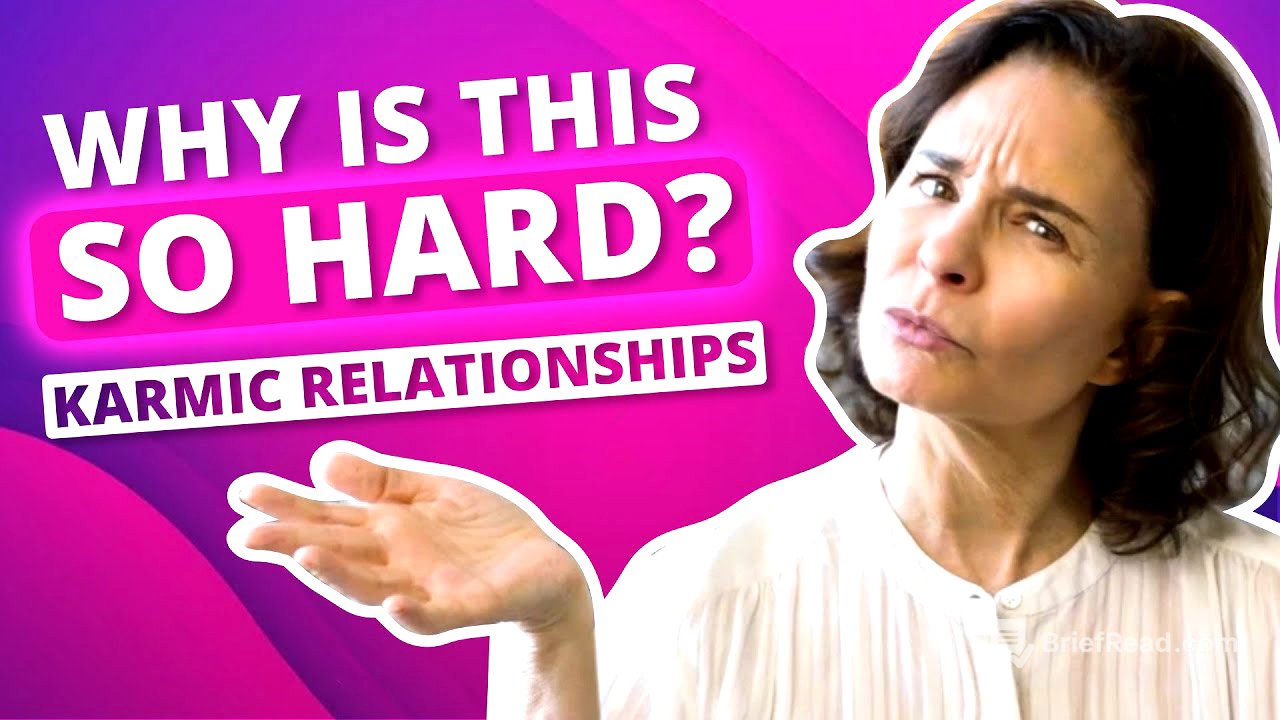
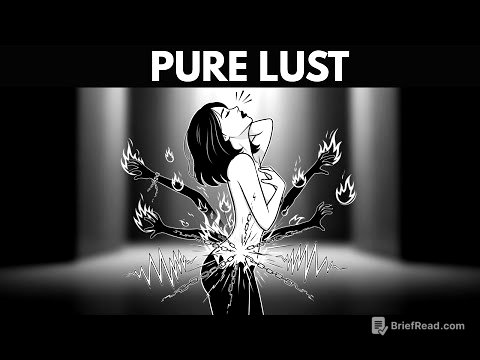
![If I Wanted to Become a Millionaire In 2024, This is What I'd Do [FULL BLUEPRINT]](https://wm-img.halpindev.com/p-briefread_c-10_b-10/urlb/aHR0cDovL2ltZy55b3V0dWJlLmNvbS92aS9WQm9STEppbVZ6Yy9ocWRlZmF1bHQuanBn.jpg)
